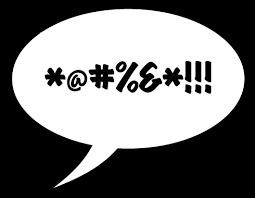记忆方法
将“offensive”拆分为“off”和“ensive”,想象“off”代表远离的“off”状态,而“ensive”暗示攻击或进攻的意味。整体联想为远离但不友好的攻击,这样可以帮助记忆“offensive”这个单词的意思是冒犯的、攻击性的。
以上内容由AI生成, 仅供参考和借鉴
中文词源
offensive 冒犯的,进攻的
来自offend,进攻,冒犯。
英语词源
- offensive (adj.)
- "attacking" (1540s), "insulting" (1570s), both from Middle French offensif (16c.) and directly from Medieval Latin offensivus, from Latin offens-, past participle stem of offendere "offend" (see offend). Related: Offensively; offensiveness.
- offensive (n.)
- "condition of attacking, aggressive action," 1720, from offensive (adj.).
权威例句
- 1. The army now appears to have launched a counter-offensive.
- 军队现在似乎已经发起了反攻。
- 2. They wanted me to change the title to something less gratuitously offensive.
- 他们希望我将题目修改一下,以免显得太过冒犯。
- 3. He would soon launch a second offensive, killing off the peace process.
- 他不久将会再次发动进攻,彻底毁掉整个和平进程。
- 4. The police nicked me for carrying an offensive weapon.
- 警察以携带攻击性武器为由逮捕了我。
- 5. The last offensive drove thousands of people into Thailand.
- 最后一次进攻将成千上万的人赶到了泰国。
